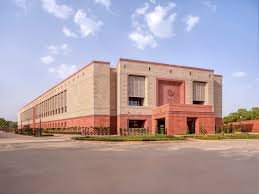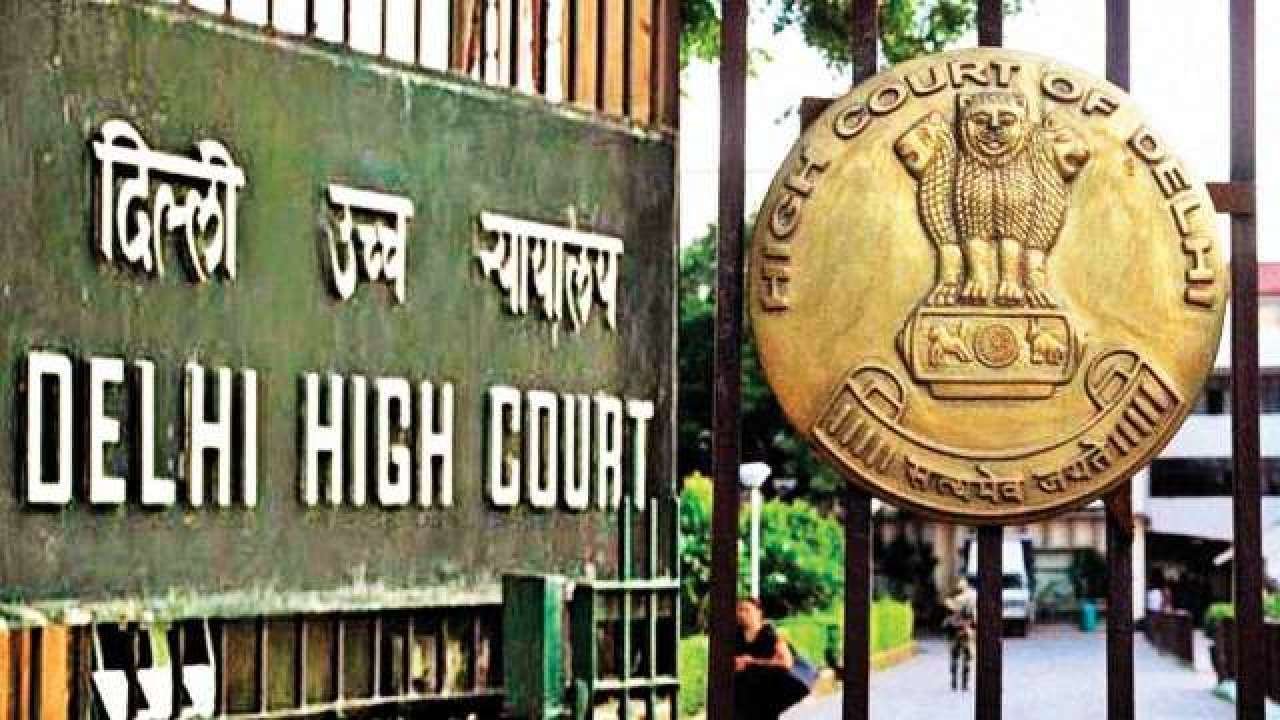The Indian Penal Code (IPC), the Code of Criminal Procedure (CrPC), and the Indian Evidence Act are set to be replaced by these new legislations.
In the absence of 97 opposition members of parliament currently under suspension, the Lok Sabha approved the Bharatiya Nyaya (Second) Sanhita, the Bharatiya Nagarik Suraksha (Second) Sanhita, and the Bharatiya Sakshya (Second) Bill on Wednesday.
Initially introduced in the Lok Sabha as the Bharatiya Nyaya Sanhita, the Bharatiya Nagarik Suraksha Sanhita, and the Bharatiya Sakshya Bill, 2023 on August 11 during the monsoon session of Parliament, these three bills aimed at reforming criminal laws went through further examination by a department-related Parliamentary Standing Committee on Home Affairs, chaired by Brij Lal. The committee submitted its reports on November 10.
Notably, on August 11, the Central government withdrew the legislation, rejecting the committee’s proposed amendments. The legislation was reintroduced after incorporating the amendments suggested by the Parliamentary Standing Committee, and the government took this step to save time and effort that would have been required for approving distinct amendments.
Currently, the Bharatiya Nyaya (Second) Sanhita consists of 358 sections, with 22 sections repealed and 8 new ones introduced from its initial version of 356 sections. The legislation now includes a provision similar to ‘sedition,’ penalizing acts that “endanger the sovereignty, unity, and integrity of India” under Section 152. It also covers offenses related to organized crime, terrorism, and homicide by groups motivated by caste, language, or personal belief.
The Bharatiya Nagrik Suraksha (Second) Sanhita comprises 531 sections at present, with 22 sections repealed from the earlier Code of Criminal Procedure (CrPC) and 9 added, while 150 sections were derived from the revised CrPC.
These new codes introduce innovative concepts like time limits for mercy petitions, witness protection mechanisms, and the use of electronic means for gathering evidence and recording statements, especially for offenses carrying a maximum sentence of seven years. Summary trials are broadened to include cases with penalties not exceeding three years to expedite judicial processes.
Additionally, the legislation imposes strict timeframes on various procedural aspects, such as the submission of challans to the court within seven days of the initial hearing and completing investigations within ninety days of filing the chargesheet. Reserved judgments must be delivered within 30 days.
The Bharatiya Sakshya Bill, with 170 sections, remains unchanged, with minor amendments made to one section and five sections proposed for elimination from the Indian Evidence Act.
While some Members of Parliament raised concerns about Section 377 of the Indian Penal Code, the Home Minister did not indicate any amendments to it. Amit Shah highlighted that extensive consultations were conducted with various stakeholders, including states, Union Territories, judges, universities, MPs, and the public, over a four-year period involving 158 meetings in the drafting process of these laws.
In September, before the bills’ passage, Amit Shah emphasized that the reform was not punitive but aimed at ensuring justice for all. He dismissed concerns about India becoming a police state, stating that while the police were granted some additional authority, certain existing powers were also being limited to prevent such a transformation.



